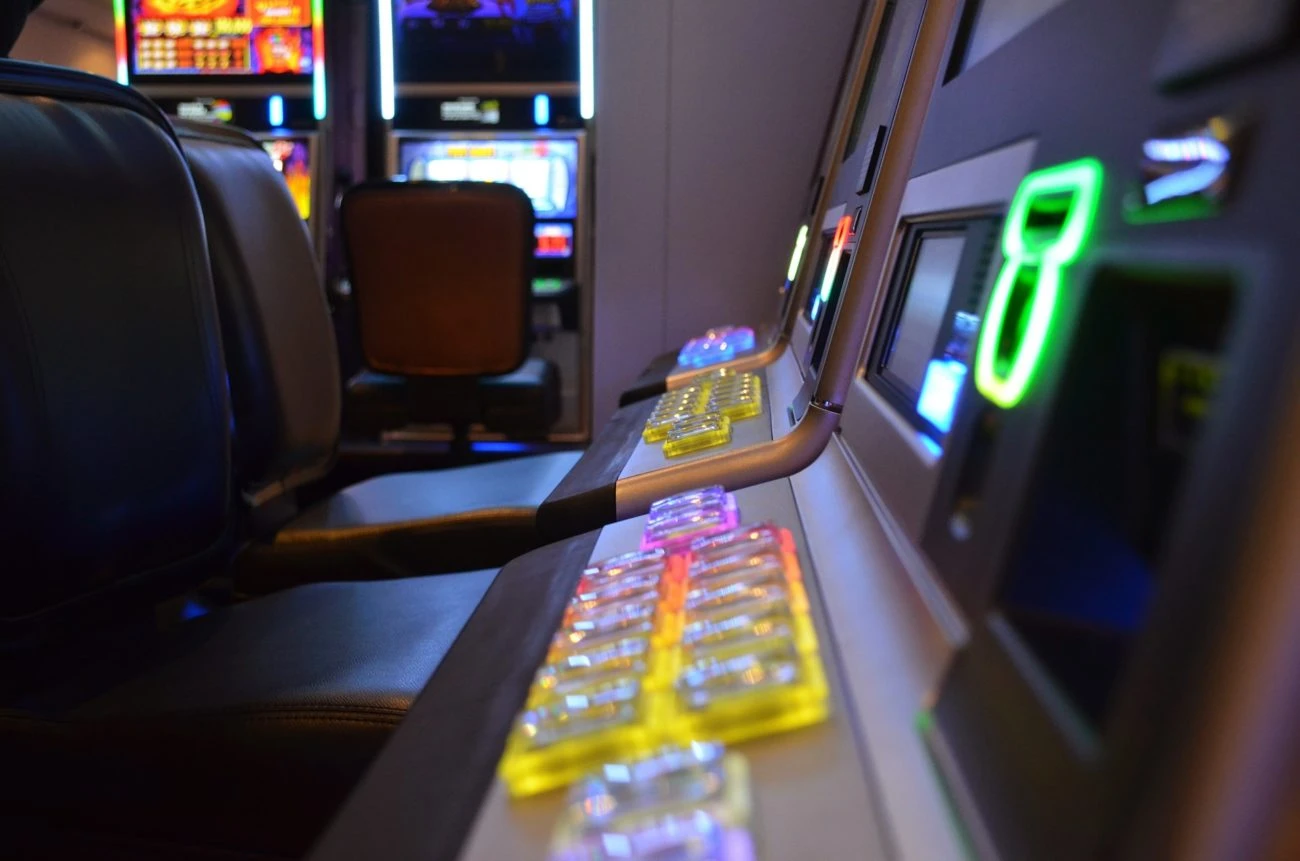Report blasts NSW authorities over gaming machine harm minimisation

The Audit Office of New South Wales (NSW) has said authorities in the Australian state are not doing enough to “effectively” support gambling harm minimisation outcomes across gaming machines.
Published this week, the performance audit considers the current initiatives in place in NSW. This includes the effectiveness of efforts from the Independent Liquor and Gaming Authority (ILGA) and the Department of Creative Industries, Tourism, Hospitality and Sport.
While the report acknowledged that the entities regulate gaming machines in a “structured and consistent manner”, it added they are not supporting harm minimisation outcomes effectively.
Concerns over venue staff not acting on gambling harm
Key points highlighted include the department’s regulatory strategy not having a sufficient focus on areas considered high risk for gambling harm. It also does not set any targets for reducing harm associated with gaming machines
The report also noted compliance and enforcement activities have largely focused on recent legislative changes relating to the layout and signage for gaming machine rooms. However, it said the department does “relatively little” to assess actions from venue staff to identify and prevent harmful activities.
“The department assesses the knowledge venue staff have of mandatory training courses they have completed,” the report said. “However, it does not test whether staff apply this in practice.”
The Audit Office also raised concerns over licensing in NSW. It said while there are processes for assessing applications, the ILGA does not proactively review licence conditions after issue. This, the report said, means some venues may not have had a licence review for some time, noting how only two of the 20 largest clubs in NSW have applied to change operations since 2019-20.
Gaming machine numbers increase in NSW
Finally, the report made reference to efforts to reduce the number of gaming machines in the state. While a tradeable machine entitlement scheme in The Gaming Machines Act 2001 (the Act) has contributed to a fall in entitlements, this reduction was “gradual”.
In addition, it was noted that the number of machines in NSW since 2021–22 has increased. The report placed the current machine total in NSW at 87,749, the highest of any state in Australia by some margin.
“ILGA only reviews licence conditions for venues with gaming machines when a venue makes an application to change its gaming machine operations,” the report said. “ILGA has the power to impose conditions on venues with a licence to operate machines.
“However, most of the venues that have the largest number of machines have not had licence conditions reviewed for at least the past five years because they have not applied for changes to their gaming machine operations.”
What can NSW do to address concerns?
In its analysis, the Audit Office set out several recommendations to address concerns flagged within the report. First, it recommended the department increase the focus of its regulatory strategy on improving harm minimisation outcomes. The deadline for this is June 2026.
This includes establishing baselines and targets for improvements relating to gambling harm minimisation. The department should also focus on regulatory requirements with the most direct impact on these outcomes, such as staff compliance with these rules.
The Audit Office also urged the department to review the gaming machine forfeiture scheme to ensure it helps reduce machine numbers. According to the report, this should include removing certain exemptions and proposing additional measures for venues to forfeit entitlements voluntarily.
As for the ILGA, the report also set a deadline of June 2026 for it to implement changes to its measures. Recommendations include commencing reviews of licence conditions of machine venues in the highest risk locations.
The ILGA is also recommended to increase the clarity about its decision-making for gaming machine applications. This, the report said, may include ensuring statements of reasons for decisions are published in a timely manner, and providing venues whose applications are refused with rationale for the decision.
“Many factors can contribute to gambling harm levels, including policy settings and social and economic factors,” the report said. “While effective regulation alone cannot deliver harm minimisation outcomes, the department and ILGA have a clear responsibility for implementing legislative objectives relating to harm minimisation.”
